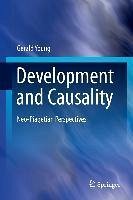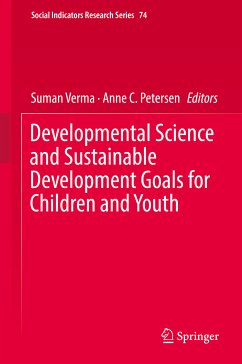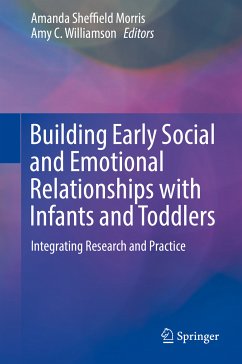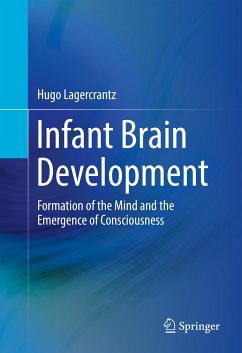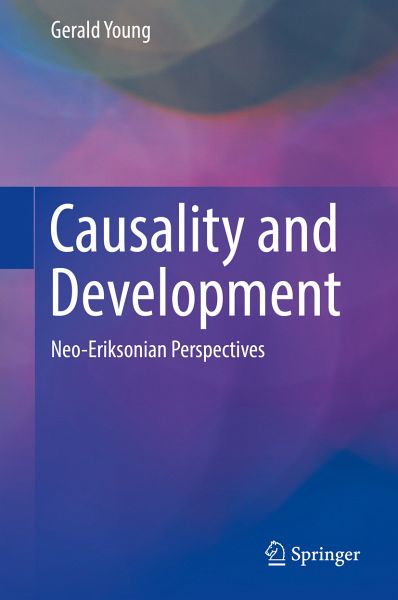
Causality and Development (eBook, PDF)
Neo-Eriksonian Perspectives
Versandkostenfrei!
Sofort per Download lieferbar
72,95 €
inkl. MwSt.
Weitere Ausgaben:

PAYBACK Punkte
36 °P sammeln!
The third book in Young's unique trilogy on causality and development continues to locate and define the central role of causality in biopsychosocial and network/systems development, and as a unifying concept of psychology itself. As a way of discussing causality, in general, initially, the book focuses on the acquisition of handedness and hemispheric specialization in infancy and childhood, and their relations to the development of cognition, language, and emotion, in particular. The second part of the book elaborates an innovative 25-step Neo-Eriksonian model of development across the life c...
The third book in Young's unique trilogy on causality and development continues to locate and define the central role of causality in biopsychosocial and network/systems development, and as a unifying concept of psychology itself. As a way of discussing causality, in general, initially, the book focuses on the acquisition of handedness and hemispheric specialization in infancy and childhood, and their relations to the development of cognition, language, and emotion, in particular. The second part of the book elaborates an innovative 25-step Neo-Eriksonian model of development across the life course based on a Neo-Piagetian model covered in the previous books, completing a step-by-step account of development over the lifespan cognitively and socio-emotionally. It builds on the concept of neo-stage, which is network-based. From this conceptual synthesis, the author's robust theory of development and causality identifies potential areas for psychological problems and pathology at eachdevelopmental step as well as science-based possibilities for their treatment.
This elegant volume:
A significant step in understanding this highly nuanced subject and synthesizing a broad knowledge base, Causality and Development will find an interested audience among developmental psychologists, mental health practitioners, academics, and researchers.chers.
This elegant volume:
- Presents a clear picture of the development of handedness and laterality in more depth than has been attempted in the literature to date.
- Traces the causal concepts of activation-inhibition coordination and networking in the context of development.
- Describes in depth a novel 25-step Neo-Eriksonian lifespan model of development.
- Reviews relevant research on Piagetian and Eriksonian theories in development.
- Emphasizes the clinical utility of the described 25-step Neo-Eriksonian approach to lifespan development.
A significant step in understanding this highly nuanced subject and synthesizing a broad knowledge base, Causality and Development will find an interested audience among developmental psychologists, mental health practitioners, academics, and researchers.chers.
Dieser Download kann aus rechtlichen Gründen nur mit Rechnungsadresse in A, B, BG, CY, CZ, D, DK, EW, E, FIN, F, GR, HR, H, IRL, I, LT, L, LR, M, NL, PL, P, R, S, SLO, SK ausgeliefert werden.



